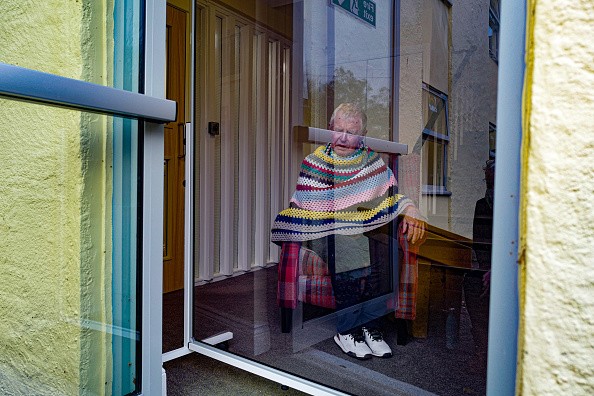Dementia affects around 50 million people worldwide. And apparently, your risk of developing it is higher if you find it hard to hear people talking in a noisy place, like a room.
In a report by The Daily Mail, a team of researchers allegedly concluded that your risk of developing dementia symptoms is twice that of people who can hear conversations in a noisy room. A team of experts from the University of Oxford conducted the study, which analyzed health data from around 82,000 people in an attempt to identify dementia risk factors.

The study's participants were asked to identify numbers that they hear over a background of white noise. They were then grouped into normal, insufficient, and poor capabilities to hear speech in noise. After over a decade of data follow-up, a total of 1,285 individuals were identified as developing dementia symptoms based on their health records.
This corresponds to a massive 91 percent increase in dementia risk was found after considering the health data of the study's participants, all of whom are above the age of 60. The study's findings mean that if you develop some kind of hearing impairment (especially at an advanced age), you should go see your general physician immediately.
However, the study's rather bleak findings also have a silver lining in them. One of the key aspects of managing dementia is early detection. Bringing any family member having this specific type of hearing loss would alert the right people to dementia's onset before mental deterioration starts, writes ScienceAlert.
Hearing loss has long been identified as an Alzheimer's risk factor, which is a type of dementia. This, coupled with a noticeable decrease in speaking ability, is a big red flag that must be addressed immediately.
Dementia Risk Identification Could Be Helped by Modern Tech
For years, medical researchers have been racking their brains trying to find the absolute, undeniable signs of mental deterioration. But in the future, perhaps they might not have to do it themselves.
To properly diagnose dementia, a series of scans and tests must be performed. This could take a really long time to confirm the illness, which is more than enough for the deterioration to set in. However, a team of scientists may have already found a way around it by developing AI-powered brain scanning technology, which they say can detect dementia in a single scan with amazing accuracy.
With the tech, a patient only needs to undergo one brain scan to confirm a diagnosis. Furthermore, the scientists also say it can predict the severity of the condition. This would help inform doctors and immediate family members about whether the illness requires immediate attention or if it will remain stable for a considerable period of time.
The detection system, which was first revealed back in August, is still in its trial phase to determine just how accurate it is. And once it does get released, it's going to help so many people.
This article is owned by Tech Times
Written by RJ Pierce
ⓒ 2026 TECHTIMES.com All rights reserved. Do not reproduce without permission.




